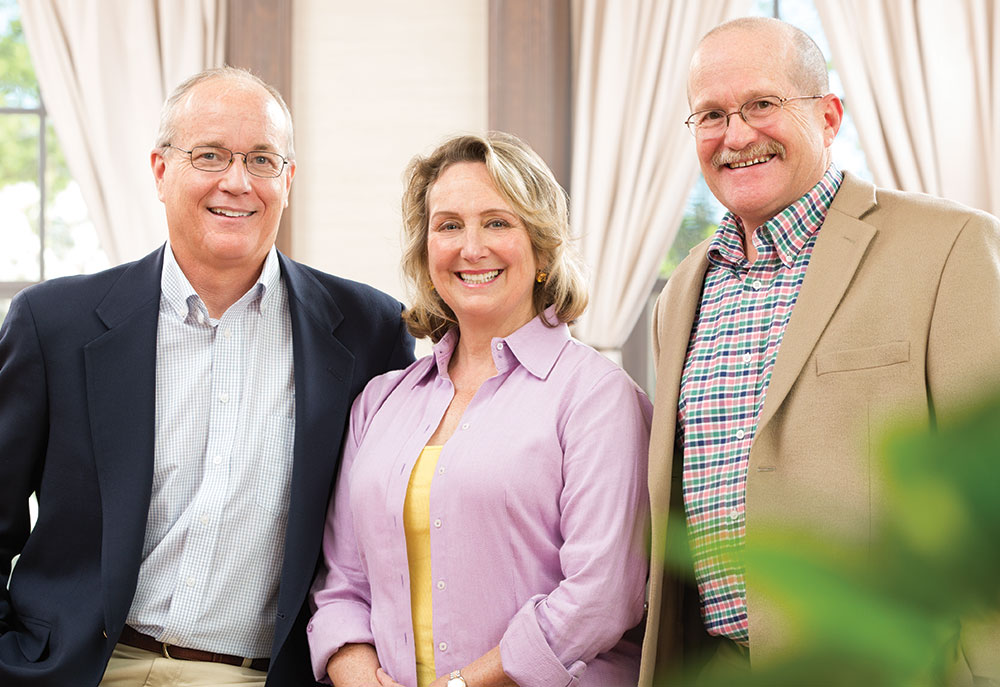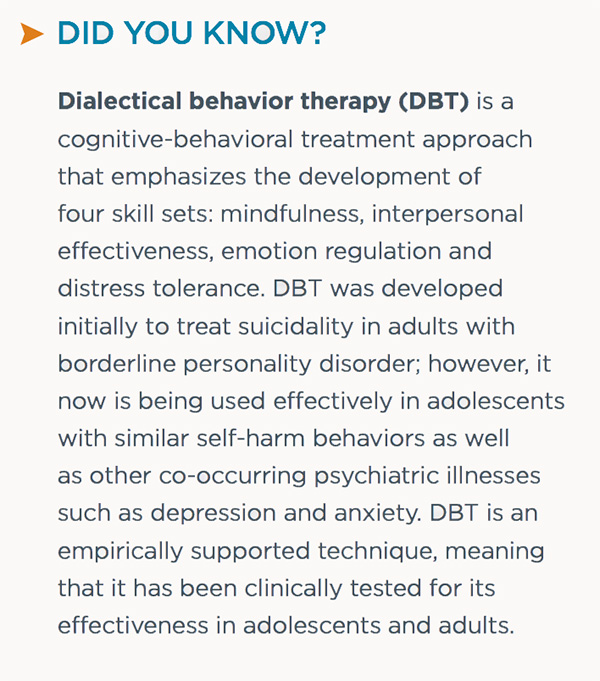Five years ago, Bill and Andrea Kelley walked into McLean Hospital’s Family Support and Education Group sad and ashamed, feeling as if they were the only parents whose child was addicted to heroin.
They discovered they were not alone, and more so, uncovered a support network that they came to rely on as their son struggled with his addiction.
“It was a very scary time for us. We didn’t know anyone else whose child was a drug addict. We felt shame and humiliation,” said Andrea. “Through this group, we’ve met nearly 400 other families just like ours. Addiction is not homogenous. It doesn’t care what you look like, what age you are or what socioeconomic background you have.”

For the better part of two decades, Joseph Scholl, MSW, LICSW, has spearheaded the family group, a free program for families of patients and former patients who have been treated at McLean for substance abuse.
“This group has become a family. We have people who have been participating for years because they enjoy coming back to the group and helping others,” said Scholl. “I’m a facilitator, but it is the individuals who make up the group who are its heart.”
Although Bill and Andrea’s son had many trials on the path to becoming well, he has been drug-free for two years and supports himself with two jobs while aspiring to work with inner-city youth. Despite their son’s current success, Bill and Andrea religiously attend the Family Support and Education Group.
“We continue to participate in the group because we want to stay in touch and keep our minds focused on positive thinking,” said Andrea. “We’ve learned a lot and we’re in a good position to help other people now. Continued participation in the group helps us keep our thoughts and actions in recovery mode.”
The Family Support and Education Group recently expanded to offer a Saturday program for those who cannot attend the weeknight meeting. Both groups are made possible thanks to philanthropic support from the Kelleys, Cai and Sally von Rumohr and a number of other donors.
Positively Transformed by DBT
When Karen Ohringer first drove onto the McLean campus last spring, she had no way of knowing that a year later she would describe the five-mile journey from Boston University to Belmont as “the best five miles I’ve ever driven.”
Ohringer’s daughter, a freshman in college, was struggling with self-harm, suicide attempts and depression. She came to McLean and ultimately began treatment at 3East, the hospital’s intensive dialectical behavior therapy (DBT) program for teens and young adults. While she began to recover and learn the skills that would allow her to return to college and pursue a career in broadcast journalism, her family also began a transformation thanks to parent-focused DBT groups offered by the 3East staff.

“These groups saved my life,” said Ohringer. “I have gotten incredible clarity and the ability to help me make changes in my life that allow me to be a model for my child. I cannot say enough positive things about DBT.”
According to Michael Hollander, PhD, and Janna Hobbs, MSW, LICSW, co-facilitators of the weekly family DBT groups for parents and family members who have children in the 3East program, learning DBT allows parents to build interpersonal skills that are an invaluable resource.
“In this class, we teach DBT modules with a slant toward the skills that are most important for parents to have in order to better communicate and understand their child’s behavior,” explained Hollander. “This group provides parents with a safe place where they can be vulnerable, admit mistakes and learn from one another.”
Ohringer, along with her husband, Henry, continues to participate weekly in the free groups despite having attended multiple times. She explained that DBT has helped her refocus her thoughts and has positively affected her relationship with her daughter.
“These DBT classes have transformed my life,” she said. “DBT has changed my relationship not only with my daughter, but also with everyone else in my life. Certainly it was the answer I had long searched for in helping my daughter. More important, it has made me a much happier and effective person. In this way, I am a role model for my daughter.
Media Requests
Journalist or member of the media? We are available 24/7 for media requests.



